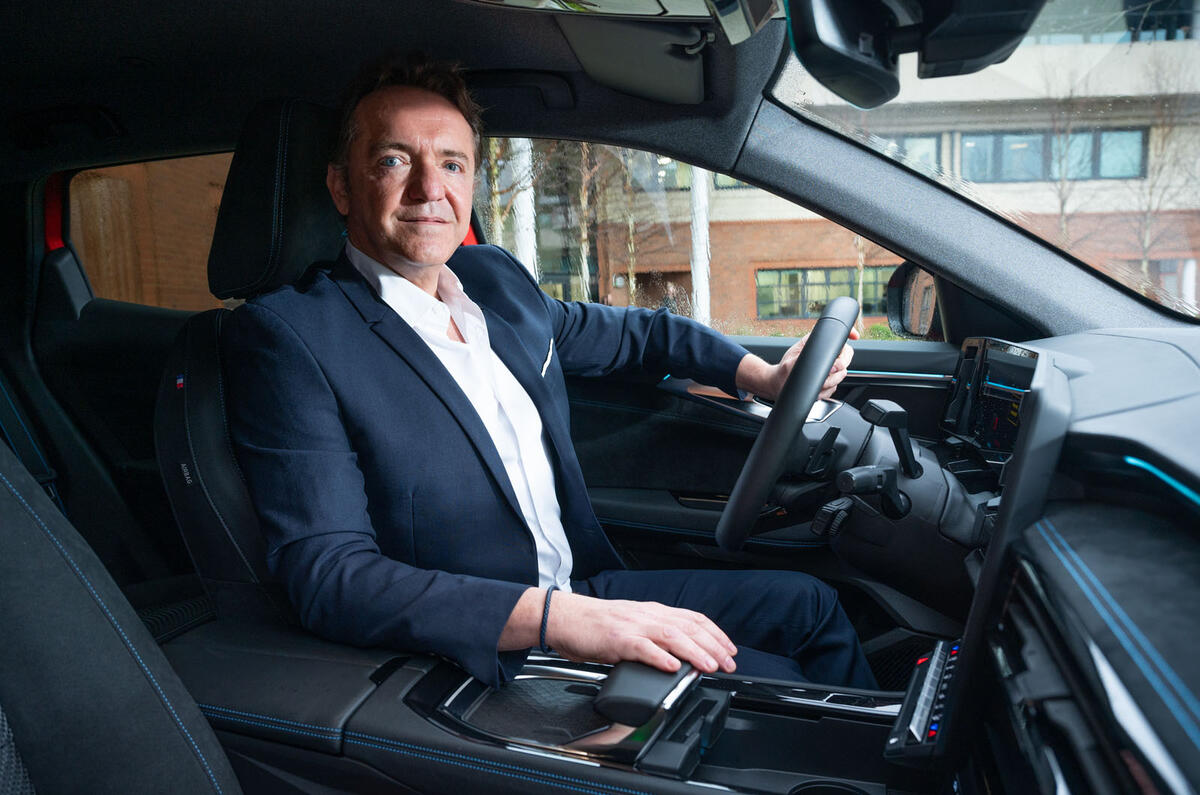Guillaume Sicard took the helm of Renault UK a year ago, steering it to a 2% market share across 2022, up 8.21% year on year, but most significantly growing sales of its electrified portfolio across the year - something he sees as crucial for future success.
Having previously led teams in India and China, he reflects here on his first year in the UK, why dealers are critical to future success, how the Renault 4 and Renault 5 can accelerate transformation plans and why vans are a critical part of future success.




Add your comment